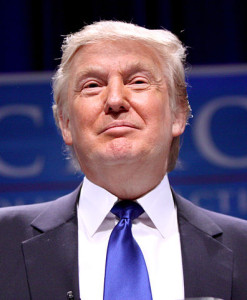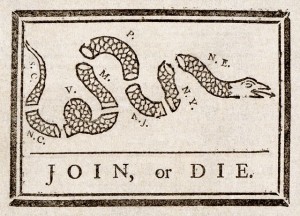While I’ve had to delay this post for obvious reasons, here are some of my thoughts on Donald Trump’s national security speech delivered in New Hampshire this past week. Although I’ve criticized Donald Trump’s deficiencies, re: prepared speeches, in the past, even while acknowledging the rhetorical brilliance of his extemporaneous remarks and verbal ripostes, I don’t think you can describe Monday’s speech as anything other than superb. He not only articulated the defining issues in this election brilliantly, he also boldly clarified the differences between himself and Hillary Clinton going forward.
The fact that the intellectually and financially bankrupt media spent most of the following day mendaciously parsing a single sentence merely illustrates how solipsistic they are and how little they have learned over the course of this campaign. They will continue to dissimulate because Trump, unlike past Republican nominees, is someone whom they truly fear. That said, there are a few liberal journalists who were able to briefly step out of their bubble to concede the effectiveness of this speech.
The foreign policy portion is praiseworthy, particularly the candidate’s refusal to make any concessions, rhetorical or otherwise, to the broadly unpopular interventionist wing of the Republican Party. The hysteria and moral preening from those responsible for the global catastrophes which have engulfed the Middle East-and which threaten to efface Europe as we know it-is a function of their loss of power within the GOP. It’s hard to underestimate the potential harm these individuals would have posed, had they determined the eventual Republican nominee.
Donald Trump summed up why the Libya intervention was a complete and utter disaster-which continues to inflict untold misery upon millions-and rightfully laid the blame at the feet of Hillary Clinton. His denunciation of nation-building was worthy of applause from patriotic conservatives. It’s a principle that George W. Bush strongly embraced in a pre-9/11 context and one which the Republican Party needs to make a mainstay of its foreign policy in the future. The fact that former Bush administration officials and gurus from one of the most disastrous epochs in American history continue to enthusiastically endorse Trump’s opponent illustrates the stark differences between these two candidates.
Perhaps most importantly, his speech exposed the emptiness of the Democratic Party’s commitments to the welfare of American minorities, particularly those targeted in Orlando by a determined jihadist. In the hierarchy of grievances, the right of women and homosexuals to not be assaulted, raped, or even murdered in their own countries is superseded by the feelings of Muslims. Judging by the reactions of some in the LGBT community, this ineluctable truth is lost on many of those whose lives are most imperiled by the Democratic Party’s embrace of open borders Islamophilia. The fact that a purported gay rights leader-whose family was interned in a concentration camp by a Democratic President-believes that the solution to this problem is disarming gays and lesbians illustrates the cognitive dissonance at work. A popular front does not work when one part of the coalition is trying to exterminate another, something supporters of the Second Spanish Republic learned during the 1930s.
For an insightful analysis of Donald Trump’s Manchester speech, I would recommend reading Ann Coulter’s latest column, which cuts through the veil of media hatred to accurately sum up what this November’s election is truly about.








Recent Comments